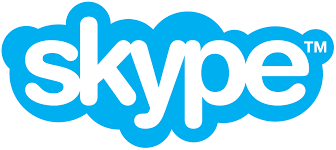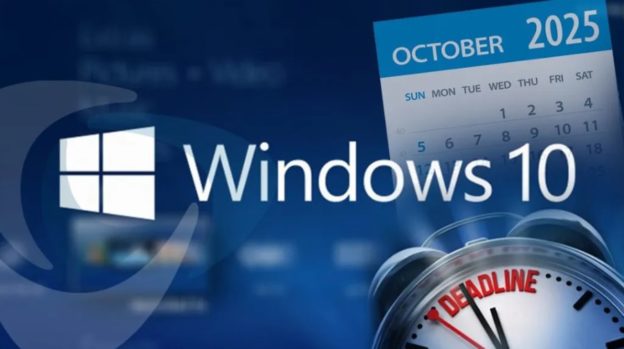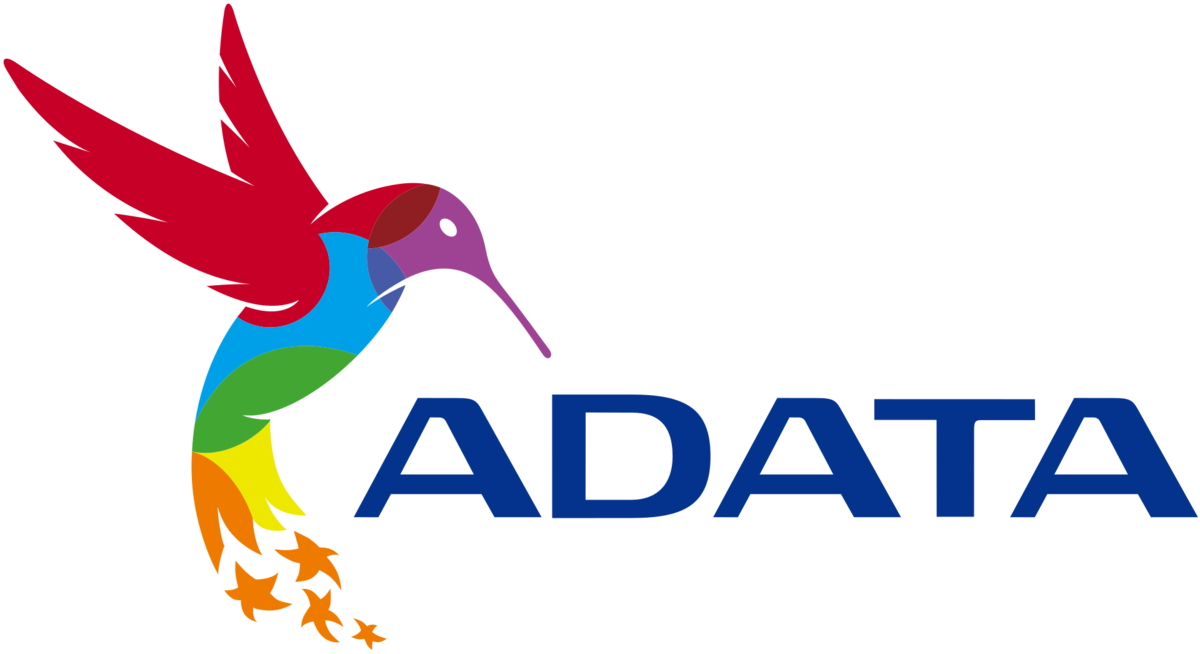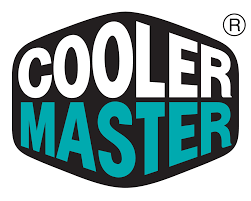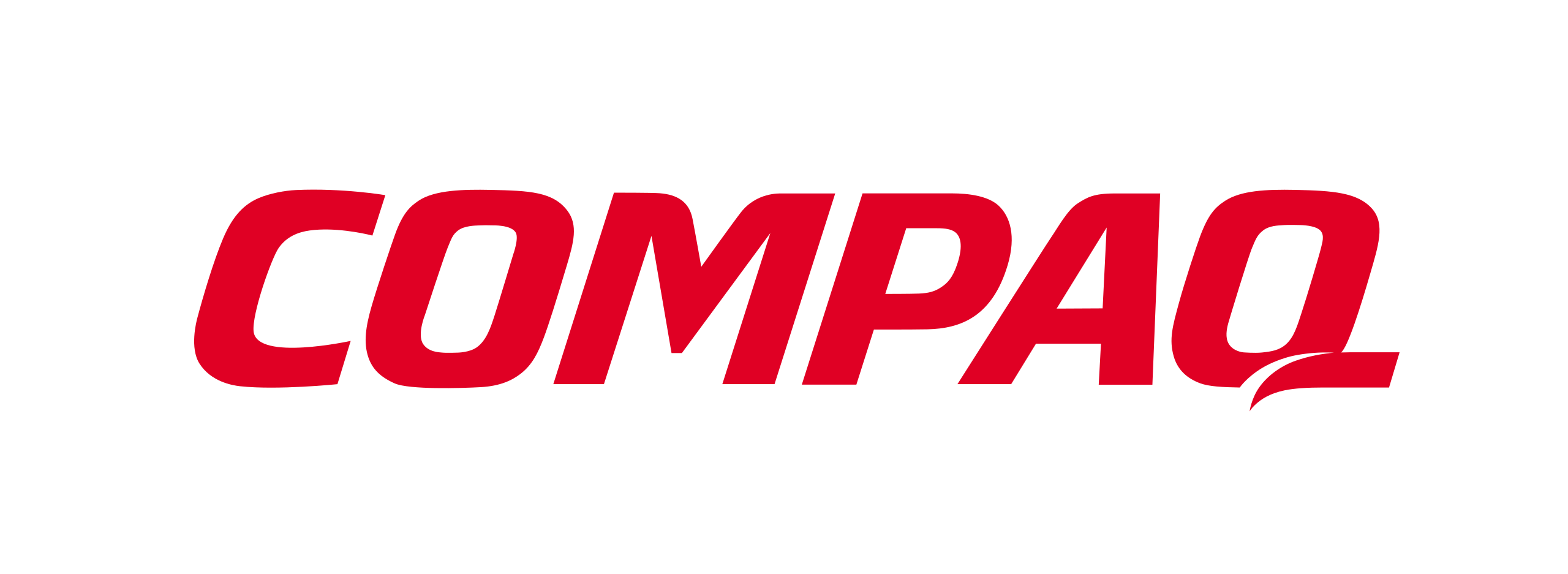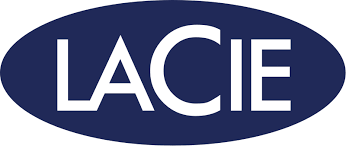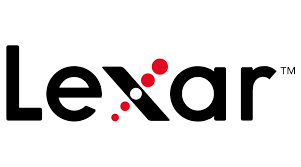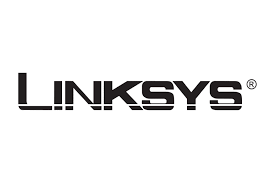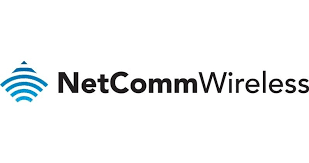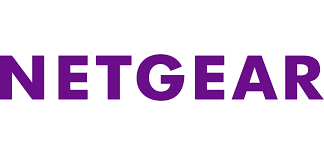Social media marketing can be a powerful tool for small businesses, allowing you to connect with a wider audience, build brand awareness, and drive sales. Here are some effective ways to leverage social media for your business:
1. Define your goals and target audience:
- Set SMART goals: Clearly define what you want to achieve with social media marketing, such as increasing brand awareness, generating leads, or boosting website traffic. Use the SMART framework (Specific, Measurable, Achievable, Relevant, and Time-bound) to ensure your goals are well-defined and trackable.
- Identify your ideal customer: Understand your target audience’s demographics, interests, and online behavior. This will help you tailor your content and messaging to resonate with them.
2. Choose the right platforms:
- Not all social media platforms are created equal. Focus on the platforms where your target audience is most active. Popular options include Facebook, Instagram, Twitter, LinkedIn, and YouTube, but newer platforms like TikTok might be relevant depending on your industry and target demographic.
3. Create engaging content:
- Regularly share high-quality content that is relevant to your target audience and aligns with your brand. This could include informative blog posts, eye-catching images, engaging videos, customer testimonials, or behind-the-scenes glimpses into your business.
- Post consistently: Maintain a consistent posting schedule to stay top-of-mind with your followers. However, avoid overposting as it can overwhelm your audience.
4. Run social media contests and giveaways:
- Host contests and giveaways to generate excitement, attract new followers, and encourage engagement. Offer prizes relevant to your target audience, such as your products or services, gift certificates, or experiences.
5. Partner with influencers:
- Collaborate with influencers in your industry to reach a wider audience and leverage their credibility. Choose influencers whose values and audience align with your brand.
6. Utilize social media advertising:
- Most social media platforms offer paid advertising options that allow you to target specific demographics and interests. This can be an effective way to reach a wider audience and drive targeted traffic to your website or landing page.
7. Track your results and adapt your strategy:
- Regularly monitor your social media analytics to track key metrics like reach, engagement, and website traffic. This data helps you understand what content resonates with your audience and identify areas for improvement. Be prepared to adapt your social media strategy based on your findings.
Additional Tips:
- Respond to comments and messages promptly: Engage with your followers by responding to comments and messages promptly. This shows that you value their feedback and builds stronger relationships.
- Run social media listening campaigns: Use social listening tools to monitor brand mentions and industry conversations. This can help you identify trends, address potential issues, and engage in relevant discussions.
- Use relevant hashtags: Utilize relevant hashtags to help people discover your content and expand your reach. However, avoid overusing hashtags or using irrelevant ones.
By following these strategies and staying consistent with your efforts, you can leverage social media to effectively market your small business and achieve your desired outcomes.








